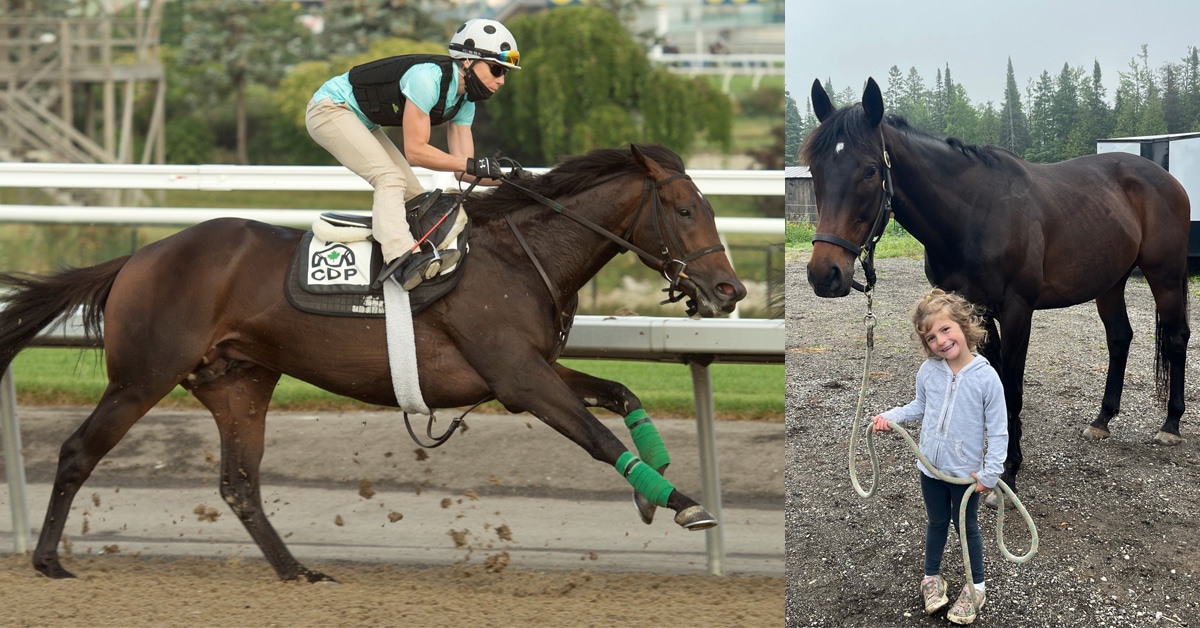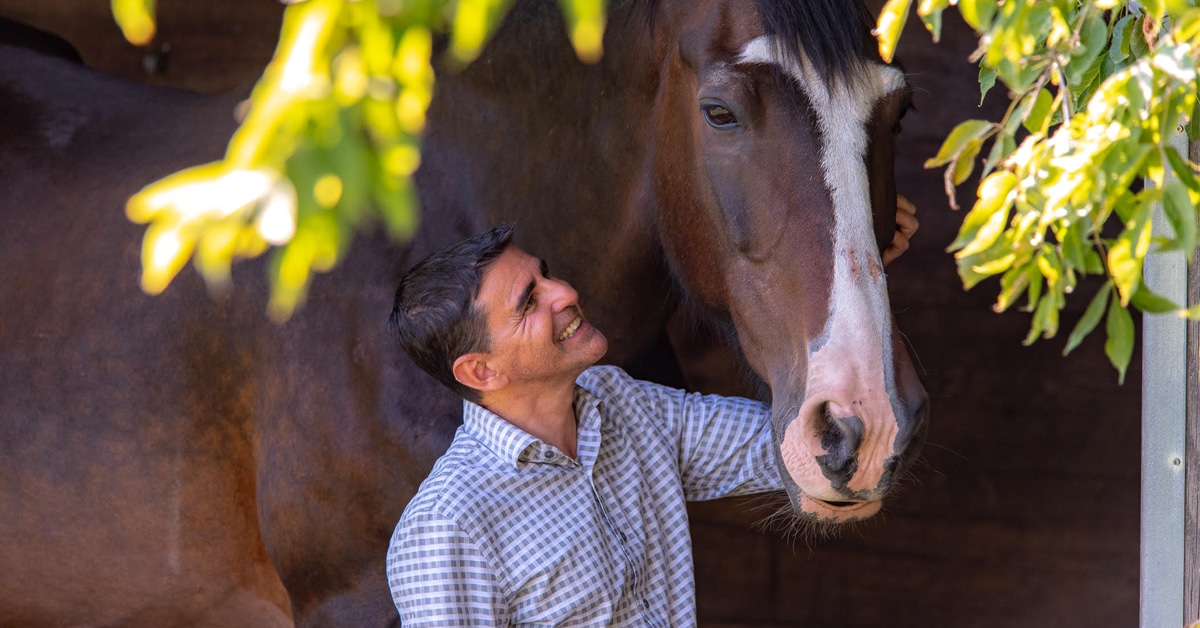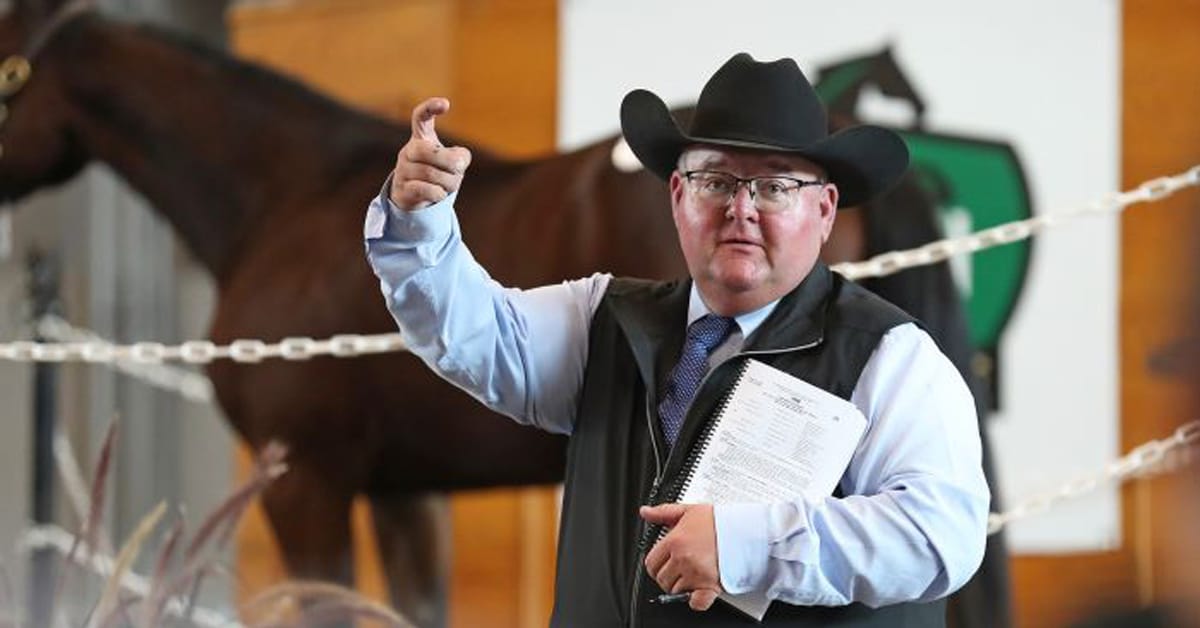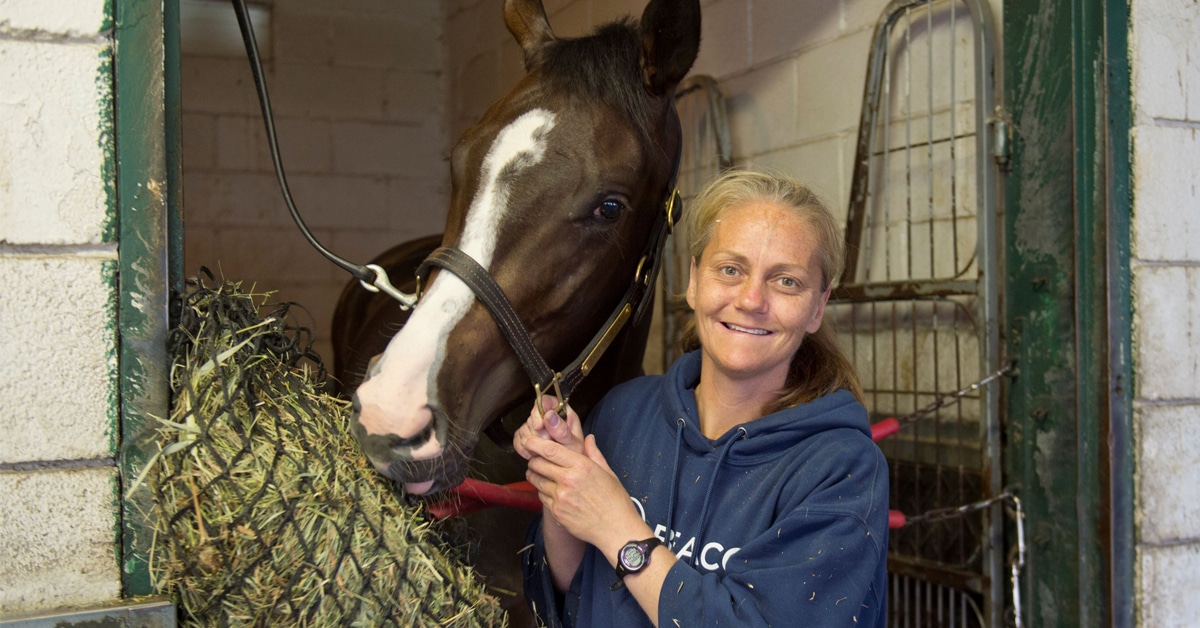It has been my pleasure to serve as National CTHS President these last six years. There have been many ups and downs during that time and I have garnered a renewed respect for everyone who volunteers their time and effort throughout the national and regional offices. Most of our membership has no idea the dedication shown by every regional director as well as those who sit on the national board. Like most other organizations, we tend to get feedback when members are unhappy which surprisingly enough, is not that often. Regional boards can handle any minor issues that arise allowing the national staff to concentrate of their duties revolving around registrations and memberships.
What is sometimes forgotten by our members, and even some regional directors, is we are a national organization with branch offices across Canada rather than provincially independent organizations. We all follow the same by-laws and rules. No single provincial board is more important than another. Every provincial board has a voice nationally and decisions at the National level are made with all members and provinces in mind. We are federally regulated and recognized by the Government of Canada as the only representative of the thoroughbred industry. That is why we have a seat and vote at Equestrian Canada, which was formerly called Equine Canada.
The year 2017 was an election year. Ontario was the only province that had enough interest to hold an actual voting election. With 21 candidates running for election, voters were given many options to choose from and the democratic process worked efficiently as it has in the past. Hopefully, the new Ontario Board of Directors will become unified once again and work well together. Nothing of significance is ever accomplished by fighting amongst each other. While not in attendance at this first meeting of the new national board, I want to thank the three departing Ontario national directors who served our membership with integrity and dedication. Glenn Sikura, Yvonne Schwabe and Bernard McCormack’s contributions will be missed. I look forward to working with new Ontario president Peter Berringer as well as Dermot Carty and Tim Orlando.
The national board makeover with eight fresh faces includes the three Ontario directors, new Manitoba president Pat Wallace, two new Alberta directors Roy Shellnutt and Dale Schaffrick, Saskatchewan president Rose Backlund and BC director Jamie Demetrick. Hopefully, these fresh faces will bring new and exciting ideas.
Over these last six years, I have had frequent contact with every provincial office and their staff. In my opinion, the regional general managers and their support staff are some of the finest people I have ever had the pleasure of working with. Getting to know each one has been a privilege and I consider each one a friend. They are the guts of our organization and are on the front line when issues arise. They deal with our members to solve problems. They have earned and deserve our respect.
I’m troubled that our staff both nationally and provincially are forced to deal with members who at times can be abusive and aggressive. Abuse does not have to be in person. It can be done over the phone, through emails or by social media. No one should have to deal with that in the workplace. It is our job as national and regional presidents to support our staff and protect them by handling these issues when they arise. It is also important that the staff make these issues known to their boards and presidents, so problems can be dealt with immediately. Trust and communication between the Board of Directors and their staff is imperative. I believe a policy needs to be put in place that our staff across Canada can follow when confrontations with our members occur. Our staff need to know that no matter what has arisen, we will support them in a safe and friendly work environment.
The national office is running smoothly under the leadership of general manager Caitlin Grguric and longtime administrative assistant Candace Pion. Caitlin has grown each year she has been in the job. CTHS directors come and go over time, but Caitlin and Candace are the face of our organization. I am hopeful both will be a part of the CTHS for many years.
I would be remiss if I didn’t mention the excellent job Caitlin does at the international meetings. She has attended the last two meetings and is well regarded by other delegates from different countries. While it is important that we have actual board representation at the international meeting, I believe it is just as important for continuity that Caitlin become a regular delegate. Currently, there are several critical issues being discussed internationally such as our position on genetic testing at sales, cloning horses and improving veterinarian services in China that will allow for more and better trade. Increasing ownership in thoroughbreds will be a hot topic at the next meeting. I currently sit on the ITBF executive committee with four other global representatives from the USA, Chile, Australia and England until November 2018. New elections will be held at the next meeting in Lexington in 2018 when my term will be done.
The national board will face some difficult challenges over the next few years. The financial picture isn’t great despite the fee increases we have put in place. Unlike the provincial offices that get revenue from gaming and horse racing, the national office is dependent on memberships and registrations for income. With our dwindling membership and foal numbers we need to look at what can be done to ensure financial stability. The easiest solution would be more members and more mares bred but how do we make that happen. This should be a priority for the new board.
The number of memberships has gone from 1,059 in 2015 to 987 in 2017. This is a continuation of a downward global trend that has been going on for several years. The same is true for registrations. We have gone from 1,283 in 2014 to approximately 1,210 in 2016. Using today’s figures that is a loss of revenue of $14,475. We need to find another revenue source if we can’t increase our numbers.
One of the accomplishments that I think we should all be proud of is the new disease reporting system. Over the last couple of years, through the efforts of the various provincial disease surveillance networks, provincial government organizations, species and breed organizations, including the CTHS, Canada now has an official disease network called the Canadian Animal Health Surveillance System (CAHSS). CAHSS is supported by the CFIA and has a working partner relationship with the US based EDCC, in which Canadian disease alerts are communicated both through CAHSS, CFIA and the EDCC in a timelier fashion. The CAHSS was made possible because of the efforts of Equestrian Canada supporting the position of the CTHS that such a system was necessary. Dr. Melanie Barham who attended the ITBF Ireland meeting as our guest worked with Caitlin to push this forward.
Finally, to all directors who are no longer serving on a regional or national board, thank you for your time and dedication. To the fresh faces on the new boards, thank you for stepping up and I wish you all the best. I want to especially wish the incoming president all the best. The job can be challenging at times but is also very rewarding.
Grant Watson
CTHS National President
The Latest










